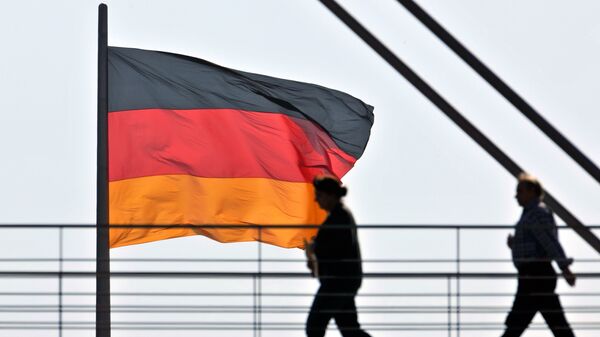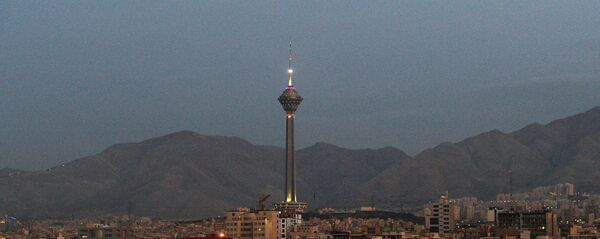German Foreign Minister Sigmar Gabriel said that Berlin is sure that Iran abides by the nuclear deal, which is confirmed by the IAEA. He said that "we fear that signals coming from the US" suggest that US President Donald Trump will reject the Iranian nuclear deal.
Berlin is ready to increase pressure on Tehran using diplomatic means, adding that "we do not want to see this agreement damaged."
The German top diplomat said that the security situation may get worse if Washington withdraws from the Iranian nuclear deal, adding that it causes concerns.
Gabriel also said that the possible US move may backfire on the settlement of the North Korean issue as Pyongyang is unlikely to agree to a deal if a similar one with Tehran fails.
"Our big concern is that the security situation will worsen, not improve, because the United States will stop the development of this agreement. We are not getting a better agreement, but we are in danger of returning to the times when Iran was developing nuclear weapons, and therefore, the United Kingdom, France, Germany and the European Union are definitely in favor of maintaining this agreement," Gabriel said.
Trump's remark prompted media speculations, saying that the US is going to withdraw from the Iranian nuclear deal with The Washington Post reporting citing anonymous officials that Trump was expected to announce within a week that he would "decertify" the international nuclear deal with Iran because it was not in the US national interests.
The historic nuclear deal between the leading global nations, including the United States, Russia, France, Germany, China, the United Kingdom, and Iran was signed on July 14, 2015 after years of high-scale tension over the nuclear program of the Islamic Republic.
The Joint Comprehensive Plan of Action (JCPOA), commonly referred to as the Iran Nuclear Deal, was signed in July 2015 by Iran and the P5+1 group of nations comprised of the United States, Russia, China, France and the United Kingdom plus Germany after years of diplomatic work.
Donald Trump called the JCPOA, negotiated under President Barack Obama's watch "an embarrassment" to the United States during his speech to the UN General Assembly and has repeatedly criticized it during his presidential and election campaign.




